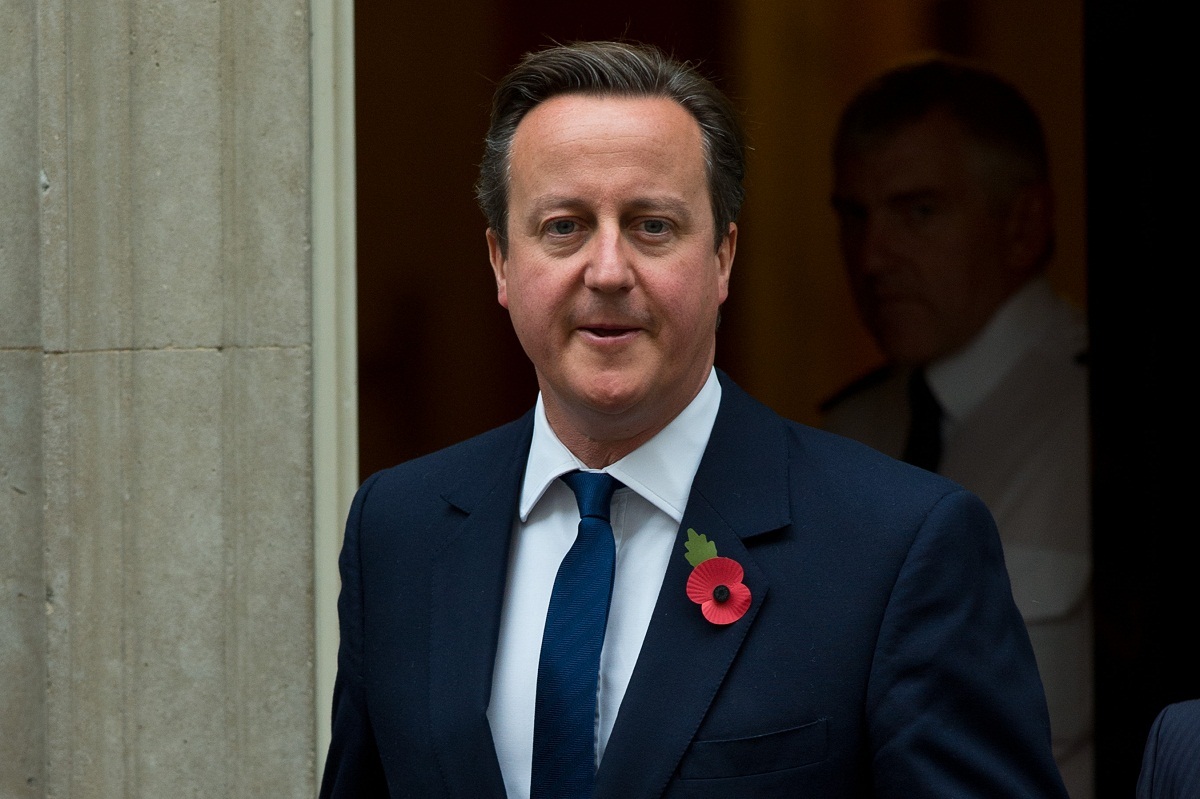
PLAYING with Lego at a political summit would be regarded as wrong in most places.
Leaders should be discussing important issues of the day rather than toying with toys.
But the rules are different in Iceland, David Cameron’s destination last week.
This is the place where the entire female population went on strike 40 years ago.
Where everyone is known by their first name.
And where, after overdosing on imaginary money before the financial crash, they actually sent bad bankers to jail.
Cameron should have been prepared for things to not be as they should be. Immediately before departing for the airport he’d been bested at Prime Minister’s Questions by Jeremy Corbyn.
With his white beard and penchant for a nautical cap the Labour leader increasingly resembles Bernard Cribbins, particularly the veteran actor’s current incarnation as a salty storytelling sea dog on Cbeebies show Old Jack’s Boat.
Many Labour backbenchers hope Corbyn is following the words of Cribbins’ famous song and Digging a Hole for himself and his tenure at the top.
But on the evidence of last week’s outing they should look to the lyrics of one of Cribbins’ little-known croons I’ve Grown Accustomed to Her Face. Corbyn could be sticking around longer than many anticipate if he keeps improving week on week.
Though if he makes it to the election, like Cribbins’ greatest turn in The Railway Children, it’ll end in tears. Upon arrival in Reykjavik for the Northern Future Forum, Cameron and his fellow leaders were set the task of making a duck out of six bits of Lego. Some sort of bonding exercise.
Given the little plastic bricks remain Denmark’s greatest and only contribution to global culture, the Danish PM was bound to be best.
In our man’s defence there are apparently nine million potential combinations of six bits of Lego, but only a few of those could pass as a duck.
No-one actually saw Cameron’s model mallard, he took it home to his children, but the Icelandic PM ribbed him afterwards that it more closely resembled a dog than a duck.Watch James and his family attempt to go one better than Cameron in a duck building challenge – click herePerhaps appropriate since Cameron’s trip north had bite.
As well as aiming to build alliances rather than ducks with EU partners like Sweden and Finland, he used the occasion to point up the disadvantages other attendees like Norway and Iceland face because they are not in Europe.
Vote to leave and London and Edinburgh could end up like Oslo or Reykjavik was the message.
Trouble is, those capitals look quite fun. And herein lies Cameron’s problem.
To win the referendum he has to convince voters that the alternative is worse than the status quo.
But if the Scottish referendum taught politicians anything it is that while a relentless negative message may get you over the line in the long term it can turn a win into a nil-nil draw at best.
Perhaps Lego can give him some inspiration here, though.
The recent Lego Movie lived up to its “Everything is Awesome” strapline.
In one scene a character called UniKitty, a relentlessly cheery pink cat, explains that in her country there’s “no rules, no government, no baby-sitters, no bedtimes, no frowny faces, no bushy moustaches and no negativity of any kind”.
When one of her more surly travelling companions points out that using the word “no” so much could be construed as negativity, Unikitty replies: “And there’s also no consistency.”
The lesson for Cameron is not to abandon consistency but that it’s possible to be negative as part of an overall positive message.
Get that balance right and the PM could yet persuade British voters not to Lego of our membership of the EU.Politics Podcast: Bananas, Bond and Boris

Enjoy the convenience of having The Sunday Post delivered as a digital ePaper straight to your smartphone, tablet or computer.
Subscribe for only £5.49 a month and enjoy all the benefits of the printed paper as a digital replica.
Subscribe